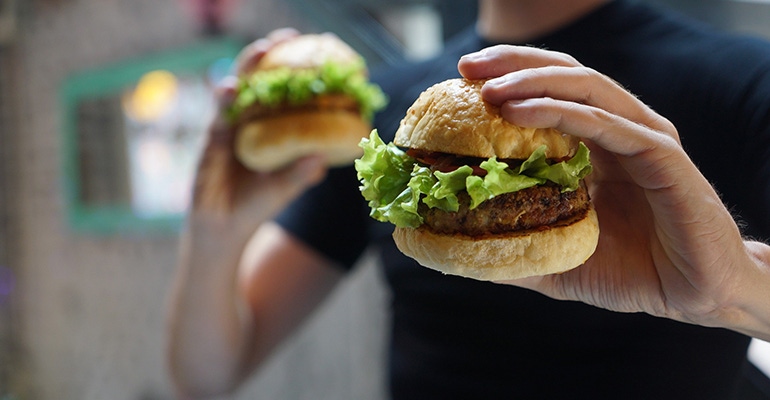Bill to revive local meat processing
PRIME Act will help change federal regulations to make it easier for farms and ranches to process meat locally and sell in their own state.
May 28, 2019

Two cattle-raising lawmakers, Reps. Thomas Massie (R., Ky.) and Chellie Pingree (D., Maine) reintroduced the Processing Revival & Intrastate Meat Exemption (PRIME) Act to make it easier for small farms and ranches to serve consumers. The PRIME Act (H.R. 2859/S. 1620) would give individual states freedom to permit intrastate distribution of custom-slaughtered meat such as beef, pork or lamb to consumers, restaurants, hotels, boarding houses and grocery stores.
Sens. Angus King (I., Maine) and Rand Paul (R., Ky.) introduced companion legislation in the Senate. Sen. Lamar Alexander (R., Tenn.) joined as an original co-sponsor.
Current law exempts custom slaughter of animals from federal inspection regulations, but only if the meat is slaughtered for personal, household, guest and employee use (21 U.S.C. § 623(a)). This means that in order to sell individual cuts of locally raised meats to consumers, farmers and ranchers must first send their animals to one of a limited number of U.S. Department of Agriculture-inspected slaughterhouses. These slaughterhouses are sometimes hundreds of miles away, which adds substantial transportation cost and also increases the chance that meat raised locally will be commingled with industrially produced meat.
The PRIME Act would expand the current custom exemption and allow small farms, ranches and slaughterhouses to thrive, the sponsors claim. This will give individual states the option to make it easier for farmers to supply their product to farmers markets, restaurants or grocery stores in their own state – and give consumers access to farm-fresh product.
“Consumers want to know where their food comes from, what it contains and how it’s processed, yet federal inspection requirements make it difficult to purchase food from trusted, local farmers,” said Massie, who owns 50 head of cattle on his off-the-grid farm in northeastern Kentucky. “It is time to open our markets to give producers the freedom to succeed and consumers the freedom to choose.”
“In order for local farms to compete, they need scale-appropriate regulations. It’s not realistic to ask a local farmer in Maine to drive hours to get to a USDA-inspected processing facility and turn a profit,” said Pingree, who has been an organic livestock farmer for nearly 40 years and raises grass-fed beef and chickens on her island farm in North Haven, Maine. “The PRIME Act will help change federal regulations to make it easier to process meat locally, helping farmers scale up and give consumers what they so clearly want.”
Alexander said, "Unfortunately, many states, including Tennessee, do not have enough USDA-approved processing facilities to meet demand, forcing farmers and ranchers to transport their animals long distances, which raises costs.”
Other original co-sponsors of the PRIME Act include Reps. Jared Huffman (D., Cal.), John Garamendi (D., Cal.), Elise Stefanik (R., N.Y.), Scott Perry (R., Pa.), Justin Amash (R., Mich.), Mark Meadows (R., N.C.), Andy Biggs (R., Ariz.), Jeff Duncan (R., S.C.), Steve King (R., Iowa) and Mark Green (R., Tenn.).
You May Also Like



